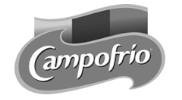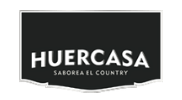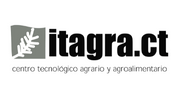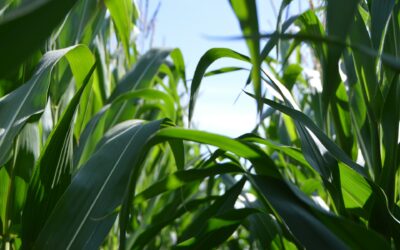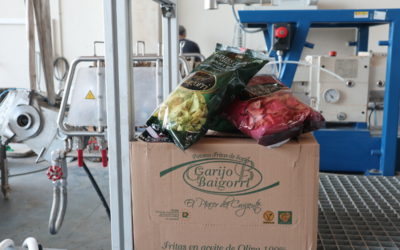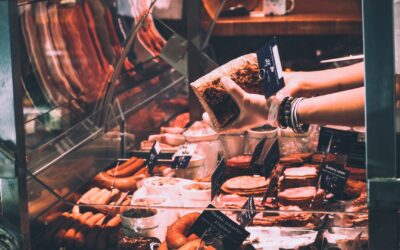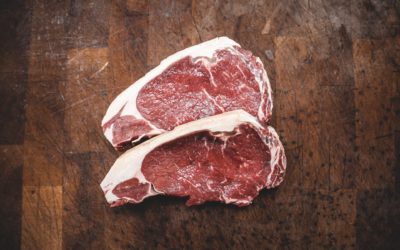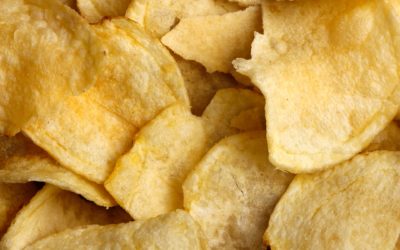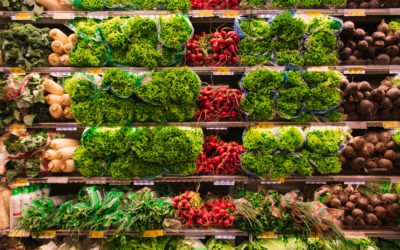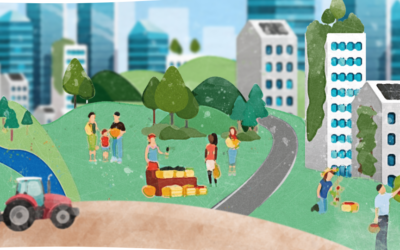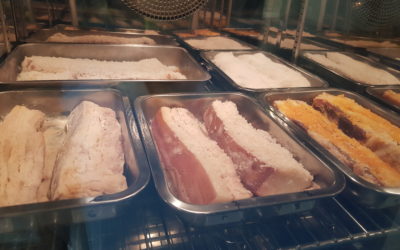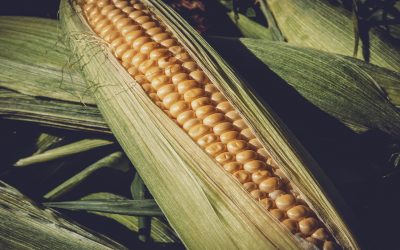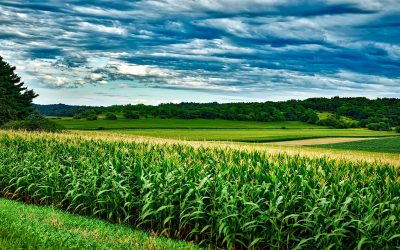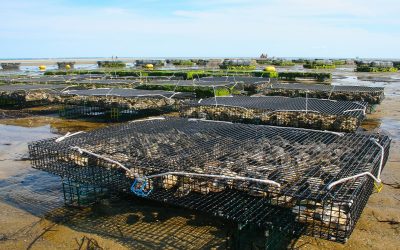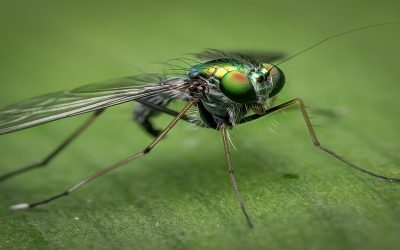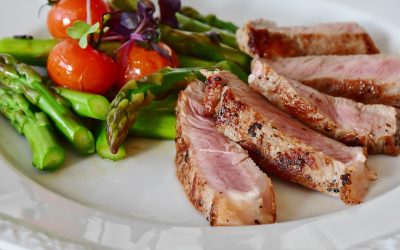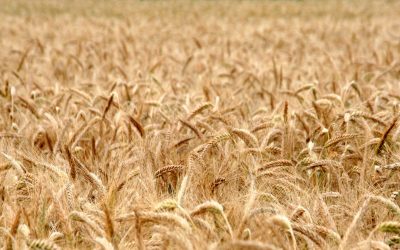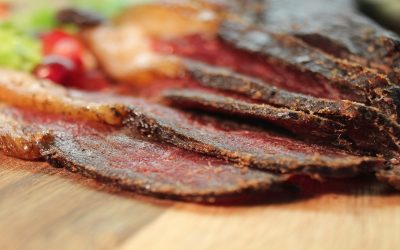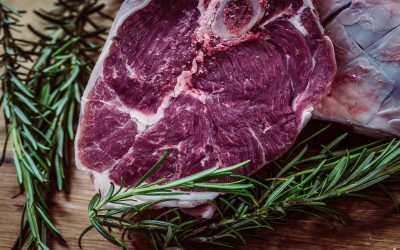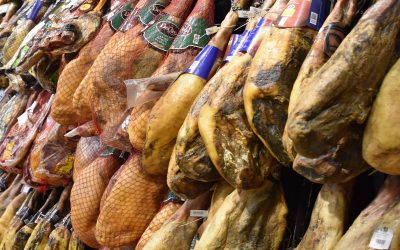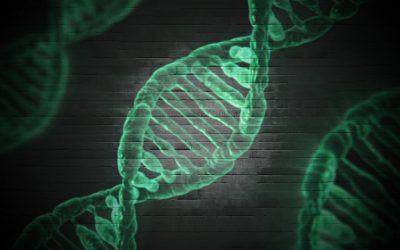CARTIF PROJECTS
Meating Plants
Explore new vegetable protein sources
Description
This project aims to explore new vegetable protein sources, mainly native legume species from Castilla y León region which, together with the inclsuion of agri-food by-products and by means of using technologies such extrusion cooking and texturization (through cooling-dye device), allow the generation of innovative and alternative -to-meat products with nutritional, functional and improved organoleptic characteristics.
It is also intended during the prooject to increase the knowlege of each partner in raw materials, processes and products and, put them in value for the development of a “clean label”, additives free meat analogue product that also contributes to the reductionnof food waste under the Circular Economy premises.
Objectives
- Foster the use of regional alternative legumes and the cultivation of local varieties.
- Increase knowledge in the correlation between the growing conditions of legumes with the physical-chemical, nutritional and functional properties of plant-based products.
- Increase the use of agri-food by -products and low-value vegetables as raw materials.
- Investigate on the impact of extrusion cooking and texturization technology variables and the effect on the quality of protein.
- To obtain a range of meat-analogues products with high quality.
Actions
The planned activities will be addressed in four different phases:
- Phase 1: raw materials will be selected and evaluated to develop high quality meat analogues.
- Phase 2: technological processes will be applied to the formulations generated from the selected raw materials.
- Phase 3: the changes in the protein characteristics under the technology conditions, the quality of the plant based products obtained and the functionality of the ingredients will be analyzed.
- Phase 4: prototyping of products with a target market orientation.
Resultados esperados
- Increase the knowledge about the influence of the use of extrusion cooking and texturization (cool-dye) technologies on different vegetable raw materials.
- Generate new meat-analogues products from plant proteinisolates with close-to-meat nutritional
- Determine and select the optimal conditions for preparing meat snslogues from alternative vegetable protein.
- Obtain a flow chart with all the specifications of the production operations.
- Offer a range of products within the concept of “plant based” prodcuts from vegetable protein sources other than soy and native from Castilla y León region.
Partners
R&D projects in collaboration with CCTT and Companies
CCTT4/20/VA/0003
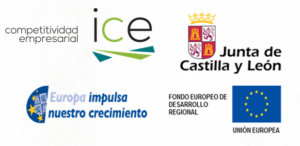
Total Budget CARTIF: 940,794.04 €
CARTIF Grant: 874,938.46 €
Duration: 01/09/2020 – 31/12/2022
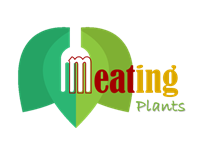
Responsible
María Ysabel Piñero
Agrifood and Processes Division
Networking
Food projects:
Study of the use of alternative protein sources from agro-industrial by-products.
Increase the extractability of protein sources and other compounds of nutritional interest, naturally present in by-products generated in the transformation processes of the food industry, through the use of “green technologies” of pre-treatment such as extrusion
GARNOVA
GARNOVA born as a response to gorwing cosumer demand for healthier snacks. Sugggests the development of a new range of innovative snacks, elaborated as of healthy, functional and with high content in essential macro and micronutrients.
CARNIQUS
CARNIQUS aims to respond to the current needs of the meat sector in terms of meticulous control of those parameters directly involved in the deterioration of its products.
NOVACARNI
NOVACARNI project aims to contribute to the production of a new meat food with a lower environmental impact, in order to promote the production of healthier and more environmentally friendly food.
MITIGACRYL
MITIGACRYL has as objective develop a quick and precise analytic method for the determination at the production line of the acrylamide levels through mid-near infrared technologies.
IN-PACT
IN-PACT will study the sustainable innovation and innovative practices among the agri-food supply chain in the european union, to respond to how we are in the transition trend towards a more sustainable food system.
FUSILLI
FUSILLI project focuses on supporting cities to facilitate their transition towards more sustainable food systems, in line with Food2030 priorities. Combines the expertise of 34 partners from 13 countries including cities, universities, SMEs, NGOs and industries.
COLOR
The “COLOR” project is a collaborative business initiative aimed at providing solutions to one of the most important needs of the food sector today: the reduction of acrylamide in industrially processed foods.
NUTRIBER
Application of new technologies on the development of a nutritionally improved iberian bacon. Reducing the sodium content in the formulation and limiting nitrites/nitrates.
INBEC
INBEC Project try to promote and develop a sustainable economy through innovation and business cooperation. To this end, it is proposed to use a methodology that maximizes the potential of the Bioeconomy.
GO INPULSE
The INPULSE Operating Group (GO_INPULSE) was created to strengthen the cultivation of legumes in Spain and reduce the external dependence of protein for feed through the joint work of different actors.
ALTERNFEED
ALTERNFEED aims to obtain sustainable alternatives to the use of fishmeal and fish oil or Krill in the manufacture of aquaculture feed giving added value to several alternative ingredients at the same time, in order to take advantage of the characteristics of each and its synergies.
GO INSECT
GO_INSECT investigate the possibilities of insects as a source of alternative and sustainable protein for food and identify the necessary requirements that ensure the technical-economic viability of projects related to industrial breeding of insects
PRIMICIA
The progress of studies in this area, will allow to specify diets based on the specific requirements of each person and will allow to determine a personalized nutrition for populations with common characteristics, particular groups and individuals
PROALI
The PROALI Project develop the application of new technologies for food development, searching for opportunities in new matrices that can be used for the formulation of flours aimed at groups of young people, focusing on gluten-free raw materials.
CRUCAMI
The CRUCAMI project develops and formulates new snacks and meat products cooked from beef jerky.
The objective is the launch of new snacks and cooked meat products pastrami type from cecina.
CIEN PROGRESO
The CIEN PROGRESO Project develop innovative solutions for protein processing and its application in new food products adapted to population groups with specific needs.
INNOLIVO
INNOLIVO uses new technologies and processes for the development of innovative olivar products intended for new international markets of high added value
CAMPOFRÍO
The CAMPOFRÍO project studies and develops a process for reducing salt content in cured ham. Development of a salt content evaluation system in sliced cured ham with on-line NIR technology.
DINAMO
The DINAMO project is responsible for the development and validation of nanocapsule and nanostructure production technologies of active molecules with functional properties for food use.


